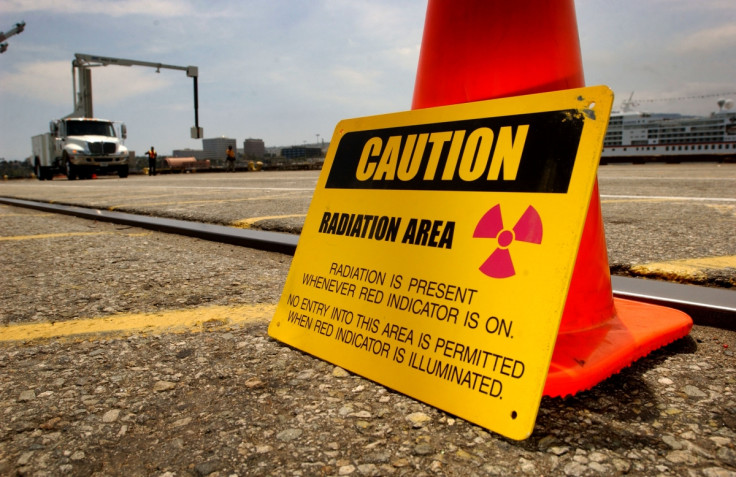Radioactive cylinder goes missing in Thailand, authorities launch massive search operation
The cylinder contains caesium-137, a highly radioactive substance that can cause burns, acute radiation sickness, and even death.

A metal cylinder containing dangerous radioactive materials has gone missing from a power plant in Thailand, forcing local authorities to launch a massive search operation to find it as soon as possible.
The cylinder, measuring 30 centimeters (11.8 inches) long and 13 centimeters (5 inches) wide, has gone missing in a populated area, which has caused serious concerns.
It was reported missing on March 10 during a routine inspection of the power plant located in Prachin Buri, a province in central Thailand. It contains caesium-137, a highly radioactive substance.
Caesium-137 can cause burns, acute radiation sickness, and even death, according to the US Centers for Disease Control and Prevention. It is used in small amounts within gauges in mining operations and in medical radiation therapy devices for treating cancer.
Small amounts of Cs-137 are already present in the environment due to the weapons testing that was carried out in the 1950s and 1960s. Exposure to it can cause cancer in the long run.
Prachin Buri Governor Narong Nakornjinda has said that the cylinder went missing while it was being transported. The province is now on a Level 2 danger alert.
"We are asking people in the area to help find it. The radioactive material was in a closed and protected condition, but if someone opens it and is exposed to the substance, it could cause a rash and burns," he told AFP.
According to Kittiphan Chitpentham, a representative of National Power Supply Public Co., a reward of 50,000 baht (£1,202) has been announced for anyone that can help find the cylinder.
A massive search operation has been launched by the authorities. Drones have also been deployed, and all waste recycling shops are being scoured to locate the cylinder.
"We are (using) survey equipment to detect for signals. For areas we cannot reach, we have dispatched drones and robots," Deputy Secretary of the Office of Atoms for Peace (OAP) General Pennapa Kanchana told CNN. Thai Police believe that the cylinder went missing in February but was reported missing much later.
"It is unclear if the item was stolen and sold to a recycling shop or misplaced elsewhere," police said.
OAP Secretary Permsuk Sutchaphiwat has also issued an appeal urging people to be careful if they happen to find it. "If someone breaks the cylinder, when you are directly exposed to it, you could be exposed to a high risk of cancer and serious illness, so please don't break the cylinder," Permsuk said. This is not the first time that such an incident has been reported in Thailand.
A similar incident was reported in 2000 after canisters containing radioactive material were sold to two scrap collectors. The canisters contained a radioactive isotope, cobalt-60, which is used medically for radiation therapy and as an external source of radiation exposure. It can cause skin burns, acute radiation sickness, or death. If absorbed by the liver or kidneys, it can cause cancer.
The canisters were later opened at a junkyard, and people had to be hospitalised after coming into contact with the radioactive material. Three people died, and seven others suffered radiation injuries.
The latest case that has been reported from Thailand comes close on the heels of a similar incident reported in Australia. In January, a highly radioactive but tiny capsule had gone missing in Western Australia. The incident had then created panic, with authorities deploying many resources to find it.
The capsule contained a small quantity of radioactive caesium-137. The capsule went missing during transit between the town of Newman and the city of Perth in mid-January.
It was being transported to a mine site north of Newman. The Australian authorities launched a massive operation to locate the capsule. They were eventually able to find it almost a week after it went missing.
© Copyright IBTimes 2025. All rights reserved.






















